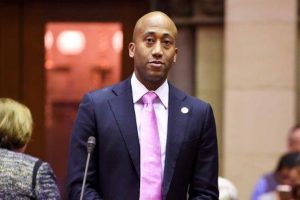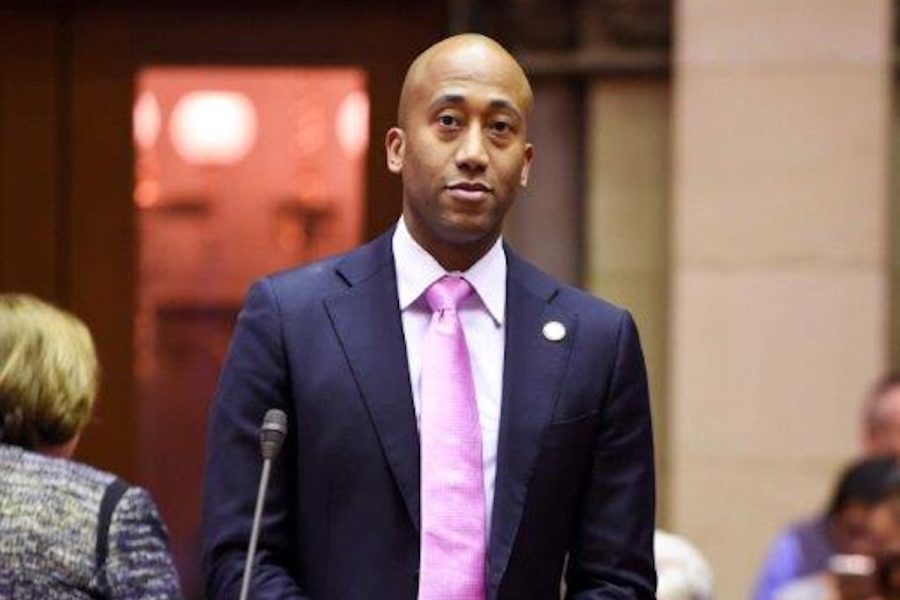A sweeping new bill has emerged in New York, poised to dramatically reshape the landscape of prediction markets within the state. Assemblyman Clyde Vanel’s proposal grants lawmakers unprecedented authority to regulate these platforms, potentially ushering in a new era of oversight.
The core of Bill A.B. 9251 centers on addressing growing concerns that prediction markets are being exploited to circumvent established state gambling laws, particularly those governing sports betting. This isn’t simply about regulation; it’s about clarifying a legal gray area that has sparked increasing scrutiny.
The proposed legislation doesn’t offer a gentle touch. It would effectively ban prediction markets from offering contracts tied to sporting events, a move directly targeting platforms like Kalshi. Furthermore, the bill seeks to eliminate the role of market makers and impose strict limitations on age verification, advertising practices, and the use of credit for participation.

Enforcement would be significantly bolstered, granting the New York Attorney General substantial power to penalize non-compliant prediction markets. Violations could result in fines of up to $50,000 per instance, escalating to a staggering $1 million per day for continued breaches, alongside demands for double the profits gained through illicit activity.
This legislative push arrives amidst an ongoing legal battle between New York and Kalshi, a prediction market currently suing the New York Gaming Commission. The dispute highlights the fundamental question: do these platforms constitute a legitimate financial instrument, or an unlicensed form of sports betting?
Kalshi argues its contracts fall under the jurisdiction of the Commodity Futures Trading Commission (CFTC), not state gaming laws. This claim has led to a flurry of federal lawsuits filed by the company in multiple states – Maryland, Nevada, New Jersey, and Ohio – all aimed at preventing state enforcement actions.
The bill’s success isn’t guaranteed. Legal analyst Daniel Wallach notes that securing the support of Senator Joseph Addabbo Jr., a vocal opponent of illegal gambling operations, is crucial. The legislative session isn’t scheduled to begin until January, leaving the bill’s fate uncertain.
Despite the looming regulatory threat, prediction markets like Kalshi have continued to experience growth in market share and valuation. This resilience underscores the increasing appeal of these platforms, even as states like New York attempt to rein them in.
The unfolding situation represents a pivotal moment in the evolving relationship between financial innovation and state regulation. New York’s actions could set a precedent for how prediction markets are treated across the nation, potentially reshaping the future of this emerging industry.






